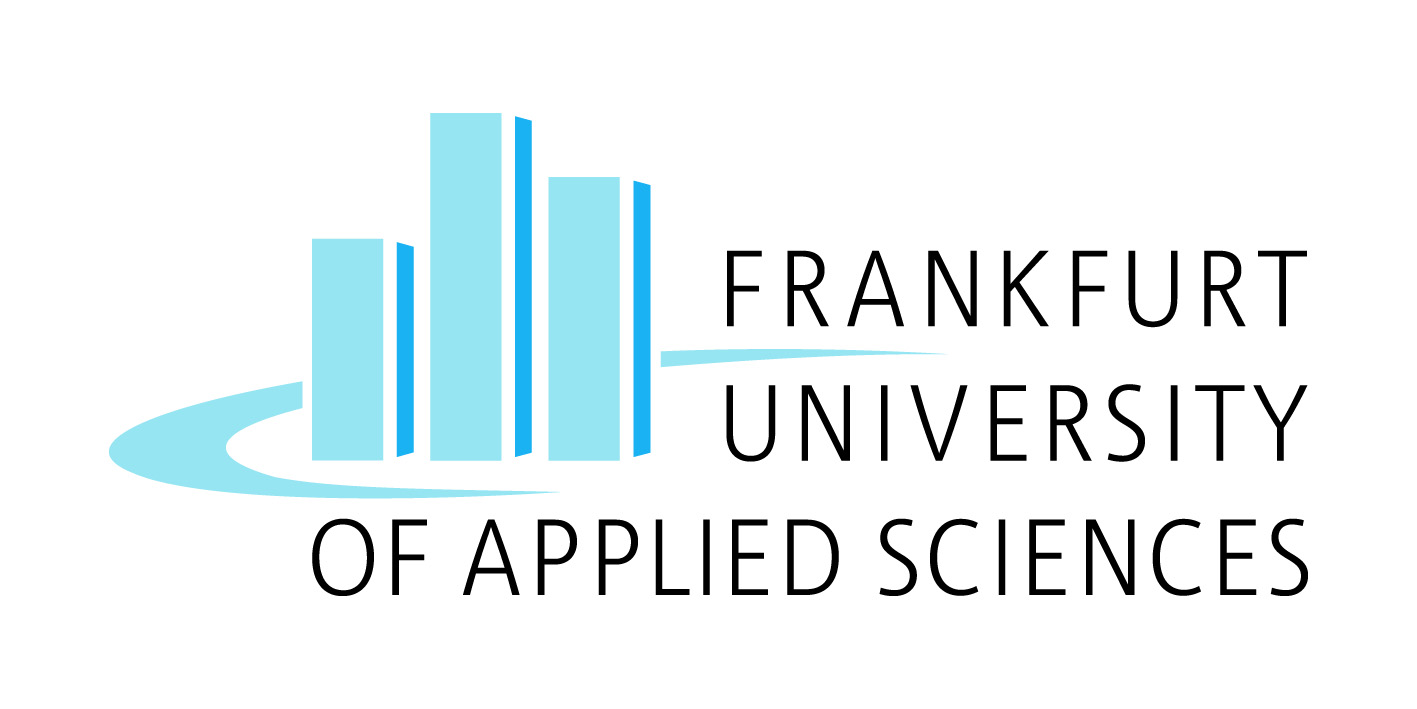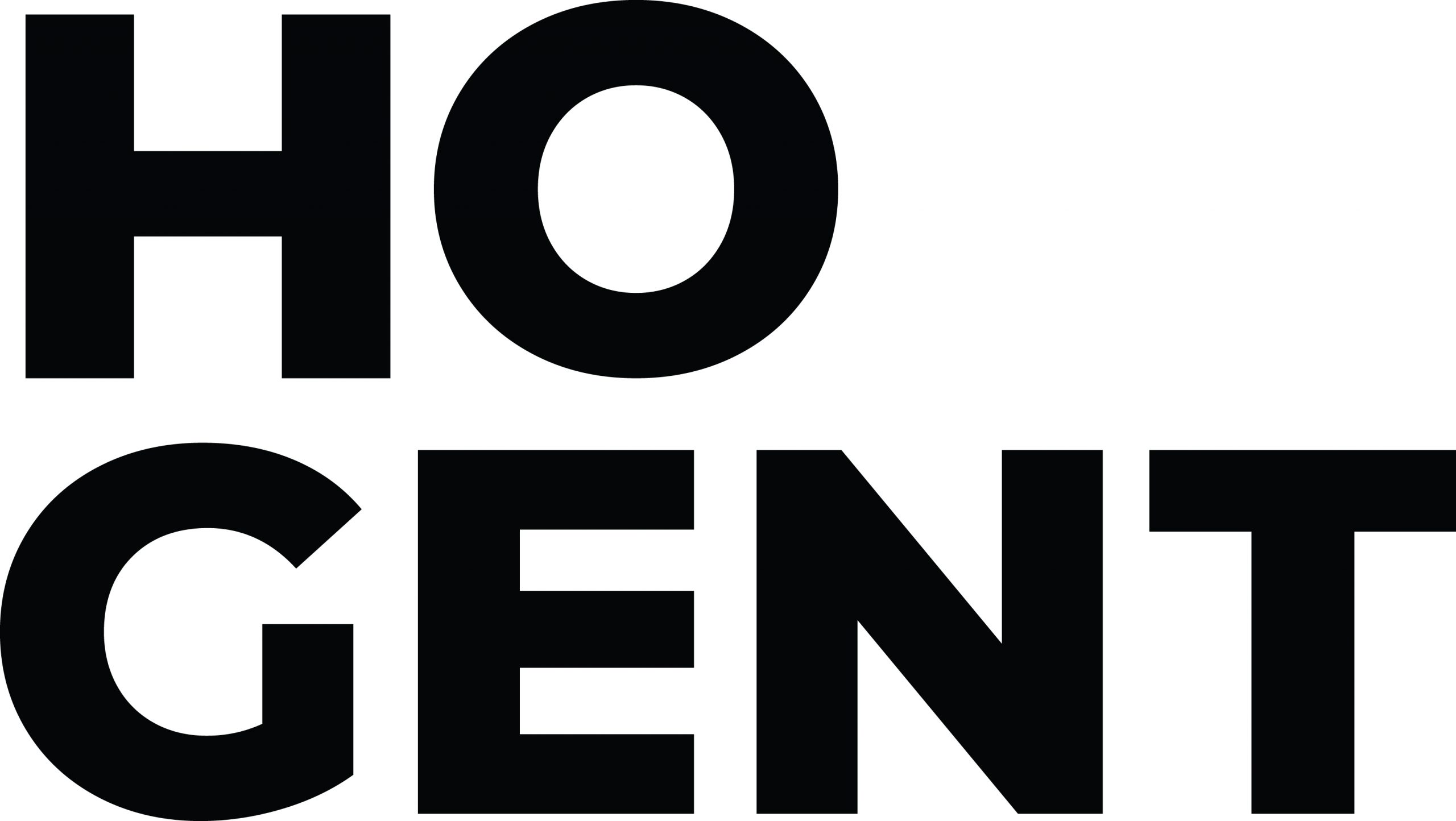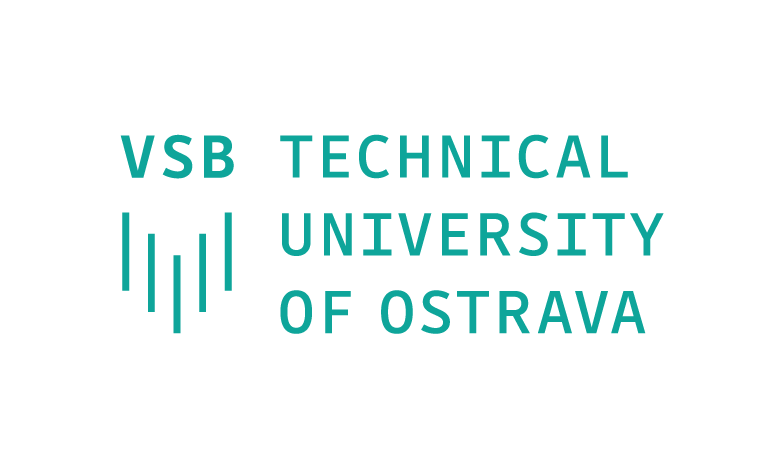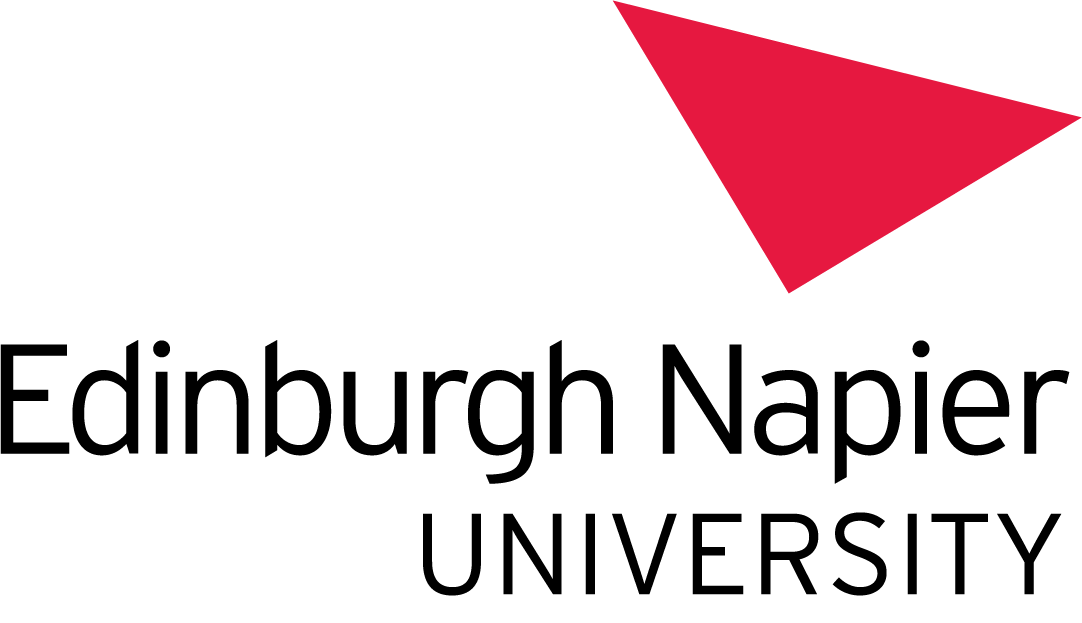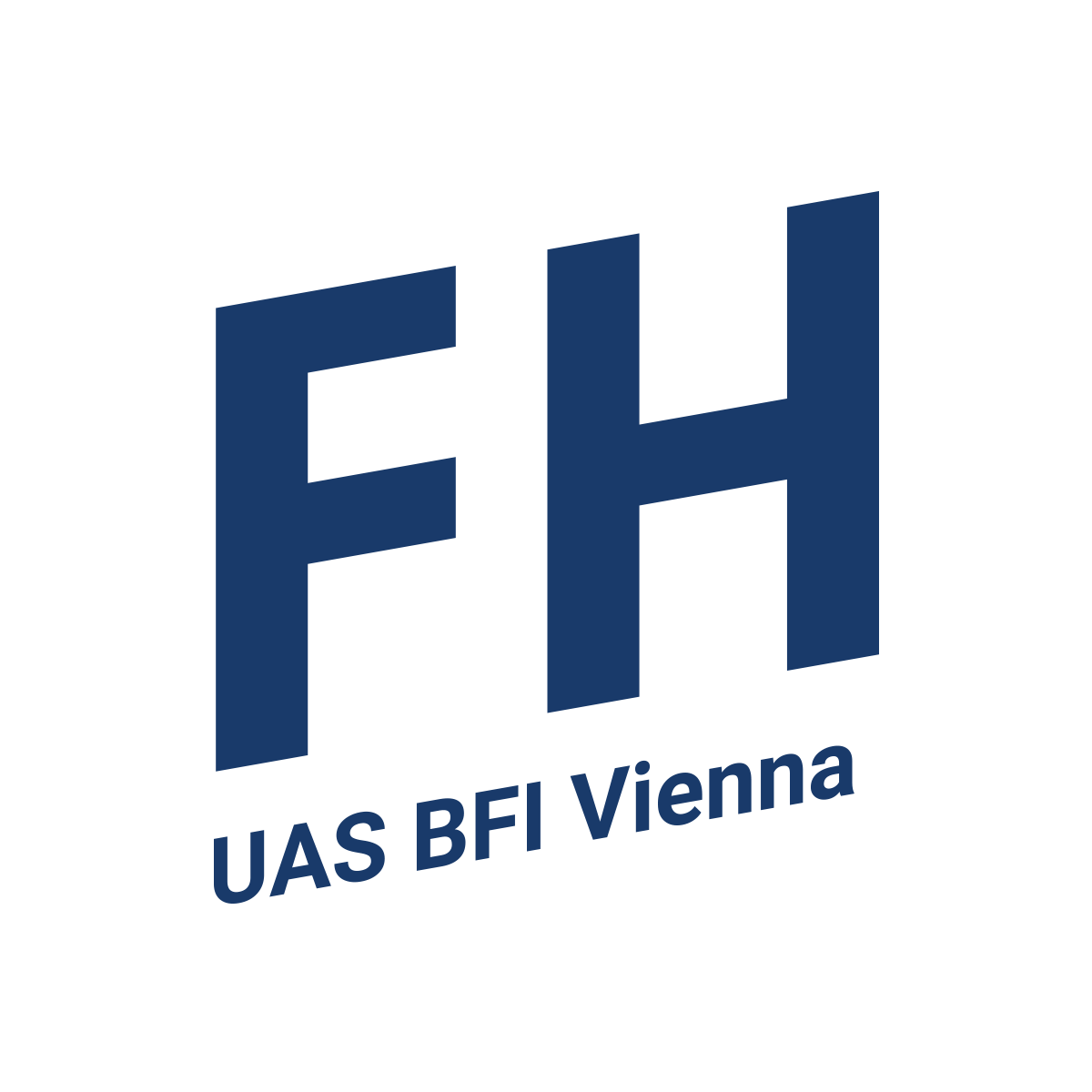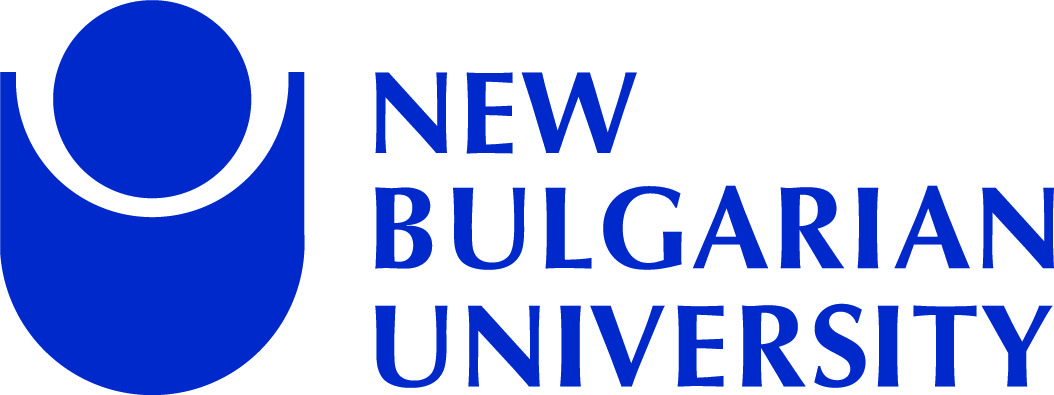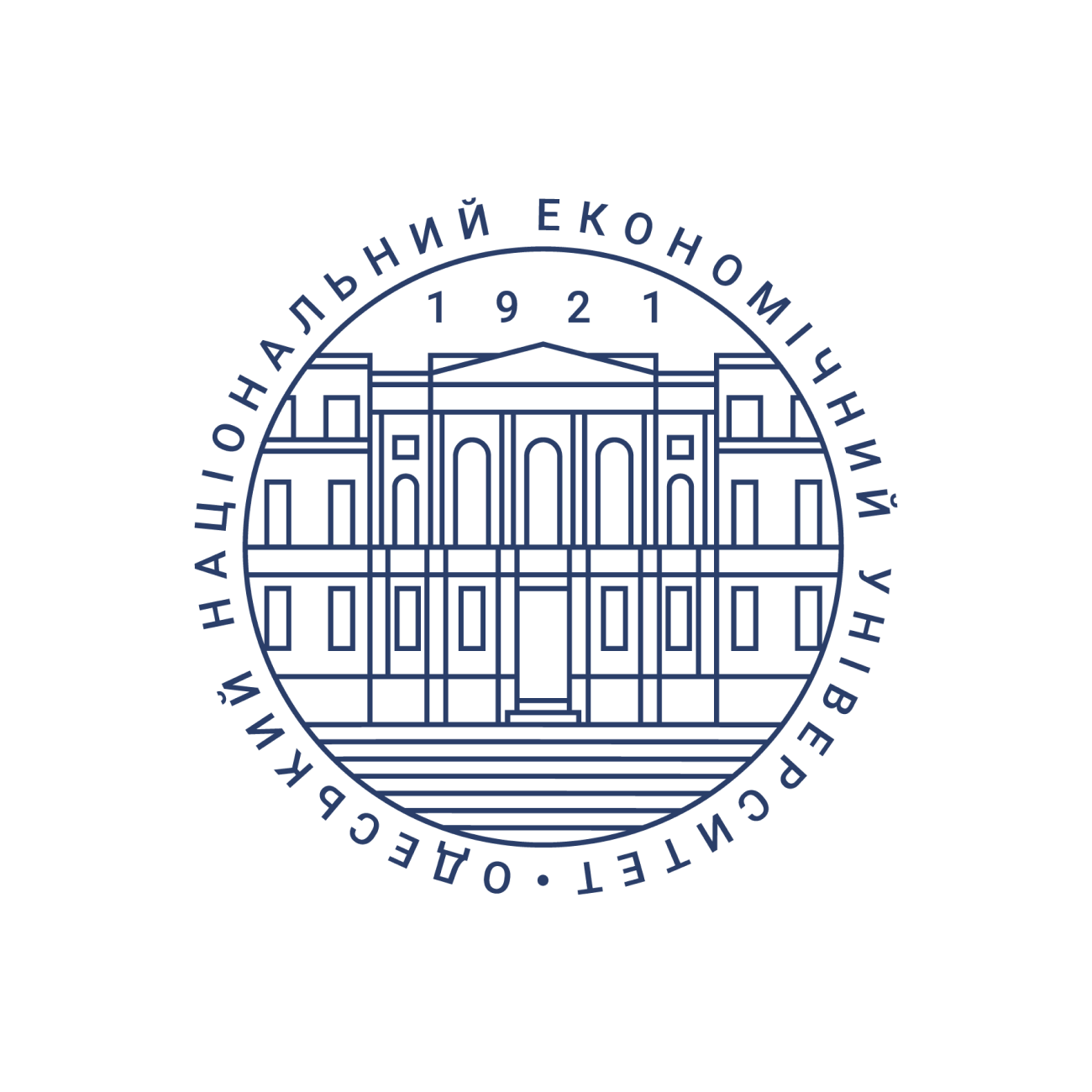
U!REKA Education
U!REKA Educational Strategy
The goal of U!REKA European University is to become an exemplary model of challenge-based and collaborative education, emphasizing the connection between education, research and innovation. As Universities of Applied Sciences, we aim to extend our collaboration with local ecosystems and cities to provide learning experiences in which students engage in real-world projects and address crucial societal challenges tied to a transition to more inclusive, climate-neutral and smart cities. This provides skills, knowledge and practical experiences vital to the education of urban professionals for a sustainable future. The agile and continuous development of U!REKA Education involves input from students and external stakeholders in the implementation of a collaborative education design.
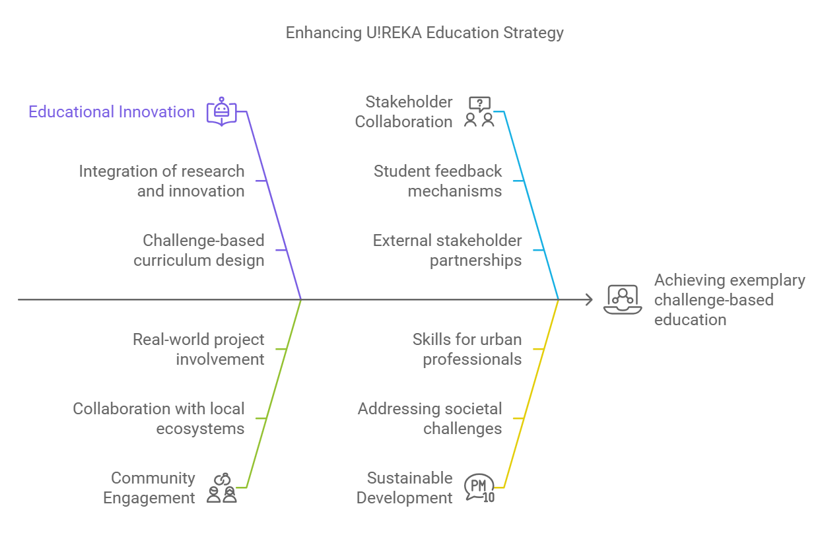
U!REKA prioritizes a flexible and inclusive educational environment, ensuring that our programmes respond to society’s evolving needs. Our challenge-based and collaborative learning framework integrates knowledge, skills, and attitudes aligned with green and digital competencies. These competencies relate to the GreenComp framework, focusing on sustainability values, knowledge, skills and attitudes, as well as the DigiComp framework, promoting digital literacy and safe, critical and confidential engagement with digital technologies. focusing on these and the competences for diversity and inclusion, on intercultural competences and transversal skills, as well as real-world problems, developed in cooperation with external partners in knowledge-creating communities, students learn to formulate solutions to relevant challenges and can contribute positively to their communities.
We aim to create innovative and engaging educational experiences by involving students, staff, and urban communities in collaborative research and knowledge creation. Drawing on approaches such as phenomenon-based, collaborative, and experiential learning, as well as living labs, U!REKA education seeks to redefine knowledge creation as a collective practice. This promotes the democratization of knowledge production, encouraging public involvement, and supporting sustainable, inclusive urban spaces, fostering social values, and engagement among students.
Working together with local stakeholders enhances motivation and social engagement. Our research and challenge-based, collaborative learning methods prioritize students, fostering participation, critical thinking, and a deeper understanding of concepts. This education method contrasts with traditional linear teaching by emphasizing student-led inquiry and interdisciplinary collaboration, allowing educators to act as facilitators and mentors – engaging in co-creation rather than merely “delivering” knowledge.
Challenge-based learning intensifies through physical exchanges and intensive programs, addressing real local issues and social dynamics. These formats support interdisciplinary knowledge exchange, equipping students with problem-solving skills and enhancing communication across disciplines. Students gain experience in addressing complex urban challenges by exploring themes like Climate-Neutral Urban Communities, Circular Society, and Citizen Engagement linked to our knowledge-creating communities. This supports enhancing employability for students and lifelong learners in innovative programs and courses that include mobility elements, contributing to the development of engaged, skilled professionals ready for future challenges.
See: Bianchi, G., Pisiotis, U. and Cabrera Giraldez, M., GreenComp: The European sustainability competence framework, Punie, Y. and Bacigalupo, M. editor(s), EUR 30955 EN, Publications Office of the European Union, Luxembourg, 2022, ISBN 978-92-76-46485-3, doi:10.2760/13286, JRC128040. https://publications.jrc.ec.europa.eu/repository/handle/JRC128040
Vuorikari, R., Kluzer, S. and Punie, Y., DigComp 2.2: The Digital Competence Framework for Citizens – With new examples of knowledge, skills and attitudes, EUR 31006 EN, Publications Office of the European Union, Luxembourg, 2022, ISBN 978-92-76-48883-5, doi:10.2760/490274, JRC128415. https://publications.jrc.ec.europa.eu/repository/handle/JRC128415
Competences for diversity and inclusion based on: https://www.nuffic.nl/sites/default/files/2020-08/international-competence.pdf


